When Pita Limjaroenrat ran for office, few believed the 42-year-old businessman could win, but the results have shaken Thai politics.
Preliminary figures compiled by the Election Commission of Thailand (EC) after the general election on May 14 showed that Pita Limjaroenrat's Move Forward Party is leading with 151 seats in the House of Representatives, 10 more than the Pheu Thai Party.
Pita, 42, declared victory today and formed a six-party coalition, including Pheu Thai, to take power and aim to become prime minister. Pheu Thai agreed to form a coalition with Move Forward, but has not yet agreed on who will take the prime minister's seat. Still, the election results have sent shockwaves through Thai politics, making Pita a rising star.
Pita Limjaroenrat was born on September 5, 1980, the eldest son of Pongsak Limjaroenrat, a former advisor to Thailand's Minister of Agriculture and Cooperatives, who later founded Agrifood, a rice bran oil company. Pita is also the nephew of Padung Limjaroenrat, a former secretary to the Minister of Interior and a close advisor to former Prime Minister Thaksin Shinawatra.
He studied abroad in New Zealand, then returned to Thailand to pursue a bachelor's degree in finance at the Faculty of Commerce and Accounting at Thammasat University. In 2002, he graduated with honors and received a scholarship to the University of Texas at Austin, USA.
He later became the first Thai student to receive a scholarship from Harvard University. Pita received a master's degree in public policy from the John F. Kennedy School of Government at Harvard University and a master's degree in business administration from the Sloan School of the Massachusetts Institute of Technology (MIT) in the United States.
At the age of 25, Pita had just started his master's program in the US when he had to return to Thailand to take over the CEO position of Agrifood, which had been in decline after his father's sudden death. Two years later, Agrifood regained its position, allowing Pita to return to the US to complete his studies and earn his master's degree in 2011.
In December 2012, he married actress Chutima Teepanart, with whom he had a daughter, but the couple divorced in March 2019. Pita served as CEO of Grab Thailand from 2017 to 2018.

Candidate Pita Limjaroenrat at a campaign event in Bangkok, Thailand on April 22. Photo: AFP
From a businessman, Pita entered politics as a member of the Future Forward Party. At the invitation of party leader Thanathorn Juangroongruangkit, he accepted the offer to become the party's candidate in the 2019 Thai general election and won a seat in the House of Representatives.
In July 2019, he delivered a speech in the House of Representatives, discussing the “Five Knots Theory”, calling on the government to focus on agricultural policies such as land ownership, farmers’ debt, cannabis, agro-tourism and water resources. Although Pita belongs to a different party, his speech was praised by Interior Minister Anupong Paochinda in the Prayuth Chan-ocha administration.
Two weeks after the Future Forward party was dissolved by Thailand's Constitutional Court for electoral violations in early 2020, he was appointed leader of the new Move Forward party, which includes 54 Future Forward lawmakers.
Although only established in 2020, Move Forward inherited Future Forward's massive support base, combined with Pita's dynamism to create an "earthquake" in the general election on May 14.
Pita has been active in the election campaign, using his youth and energy to reach out to young voters who are hungry for change in Thai politics after eight years of heavy military influence.
"Together we will rewrite Thai political history. Vote for Move Forward and Thailand will change," he told supporters in Bangkok last week.
This is the first election since pro-democracy protests erupted in Bangkok in 2020. Young protesters have been demanding curbs on the power and control of royal spending, in violation of the lese majeste law that has been vigorously enforced by the military government.
Article 112 of the Thai Penal Code stipulates a prison term of 3-15 years for lèse-majesté, which is defined as any case of "defaming, insulting or threatening the king, queen, crown prince or crown princess".
Forward Move is the only party that has promised to reform the lese majeste law, a topic that has long been considered a “taboo” in Thai politics. Even the Pheu Thai Party has said it will leave the issue to parliament.
But Pita was not so evasive. He told reporters that "no matter what, we will push for reform of the lese majeste law."
Thitinan Pongsudhirak, a political scientist at Chulalongkorn University in Bangkok, said Pita’s aggressiveness helped him win over young voters, propelling them to the top of the polls. The Move Forward Party’s strong reform platform also helped it win almost all 33 seats in the capital, Bangkok, a result that even the most optimistic party insiders could not have imagined before May 14.
Despite the positive signs from the preliminary results, observers say that Mr. Pita's path to becoming Thailand's prime minister will not be easy. The Pheu Thai Party agreed to form a coalition with Move Forward, but has not approved him as a prime ministerial candidate.
Ahead of the election, the pro-military Palang Pracharath Party filed a complaint with the Election Commission, accusing Pita of failing to fully disclose his assets during his campaign. Although he has denied any wrongdoing, the allegations could have some impact on his path to the prime ministership.
Thanathorn, leader of the Future Forward party, the predecessor of the Move Forward party, was in similar legal trouble after the 2019 election. Thailand's Constitutional Court suspended Thanathorn as a lawmaker ahead of the parliamentary session to elect a prime minister, before ruling to dissolve Future Forward.
However, Pita is still a candidate loved and expected by many Thai voters.
“He is the future,” said one supporter in Bangkok.
“I really trust him,” said another.
Thanh Tam (According to AFP, NEWS )
Source link


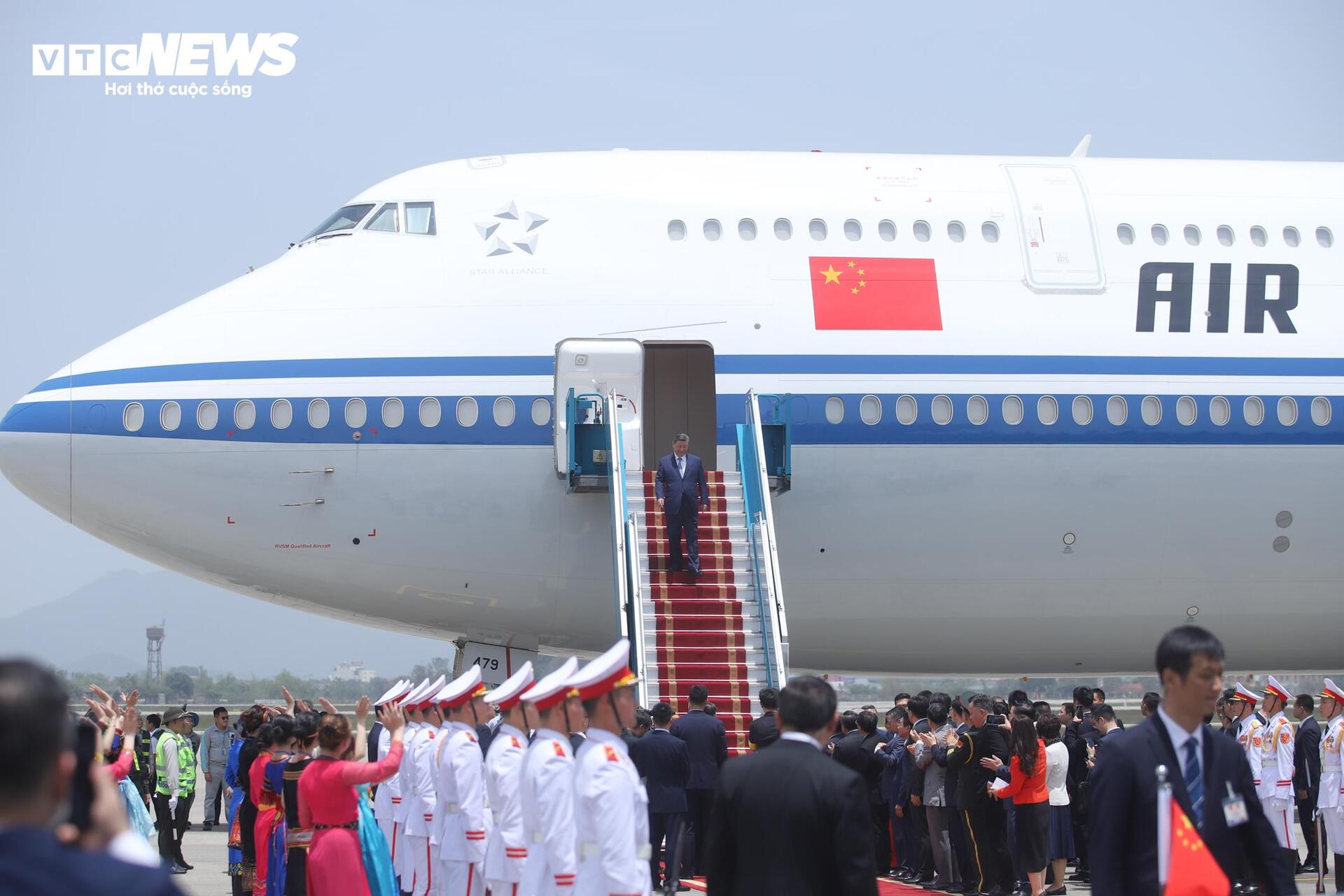
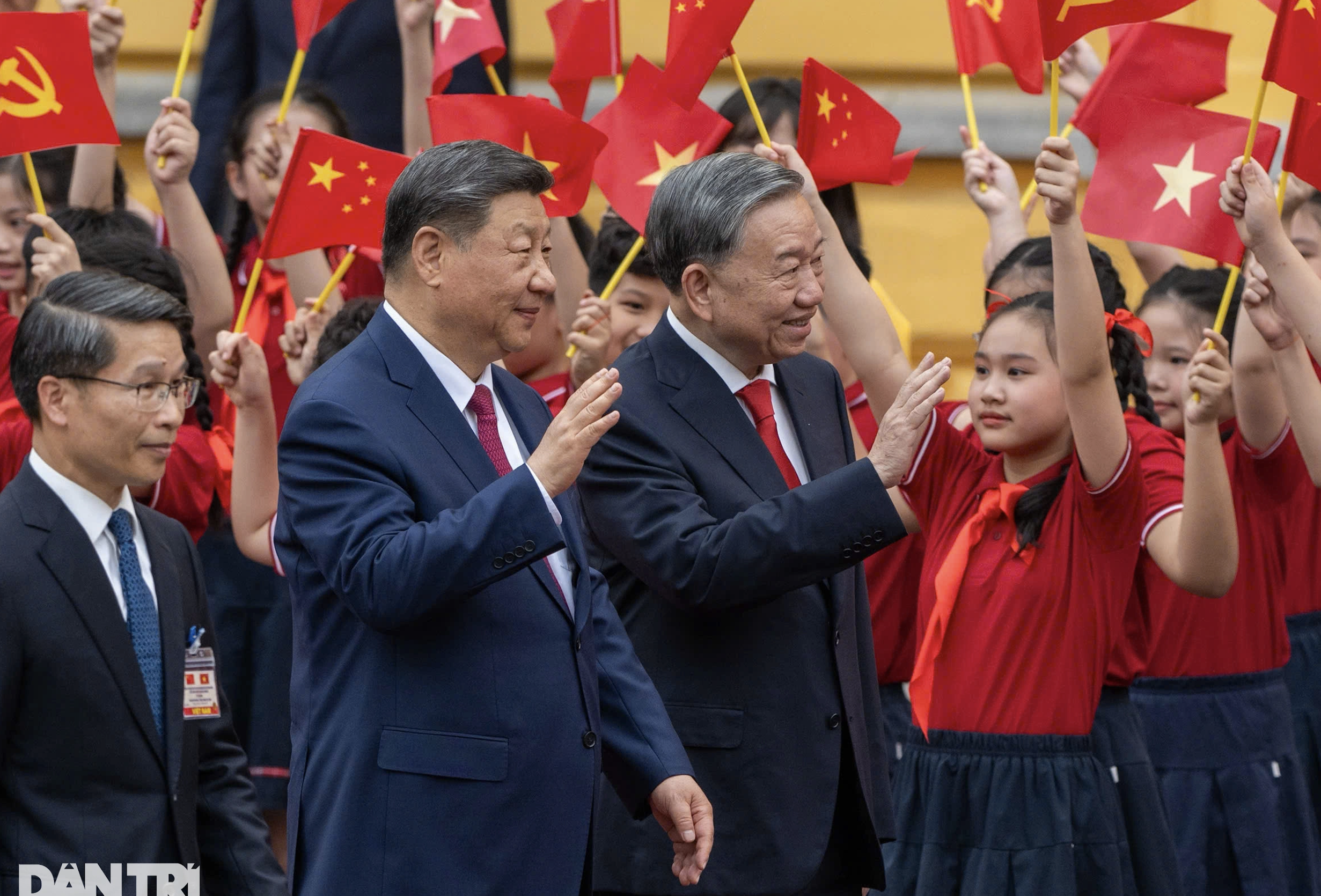
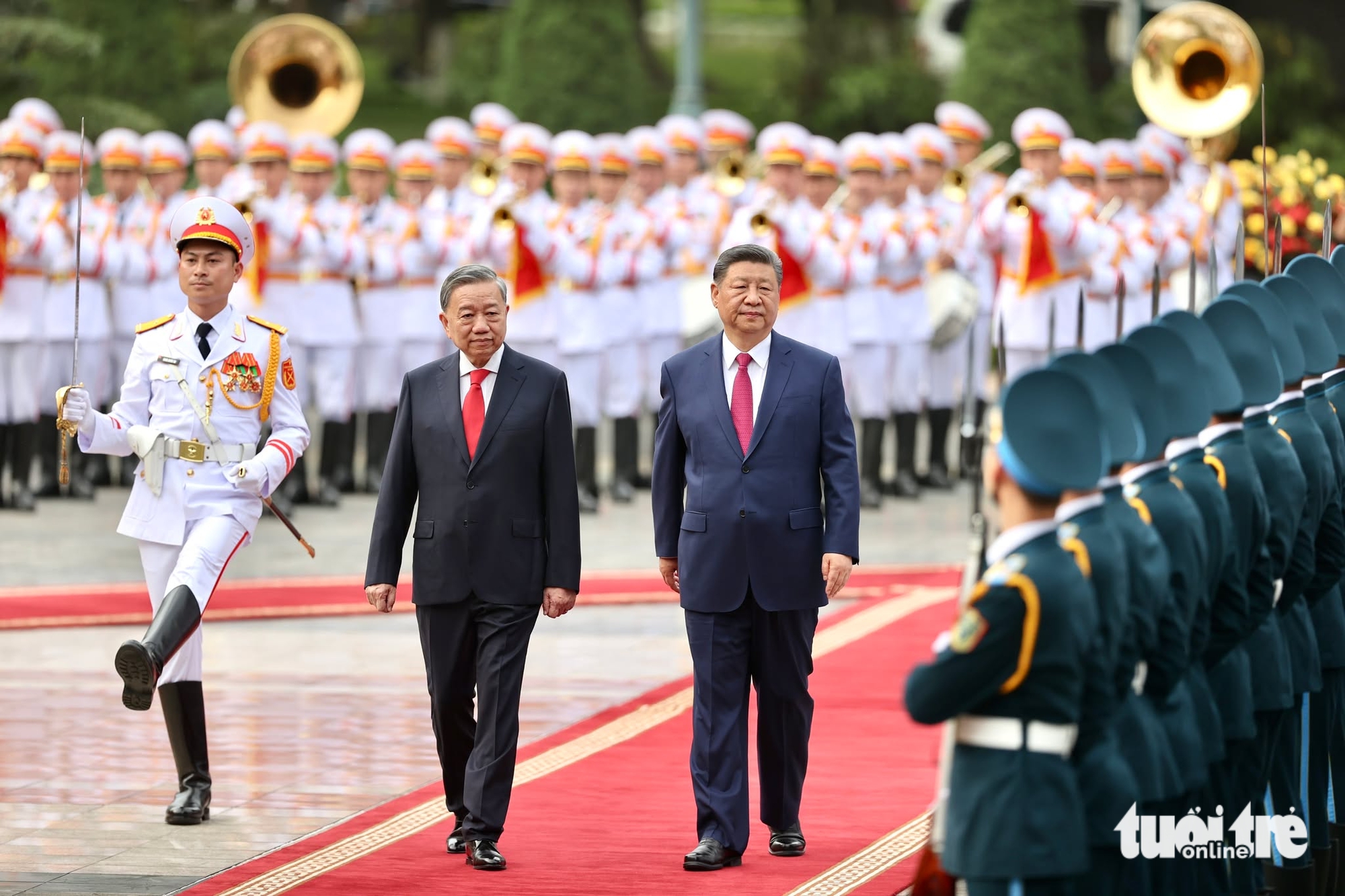

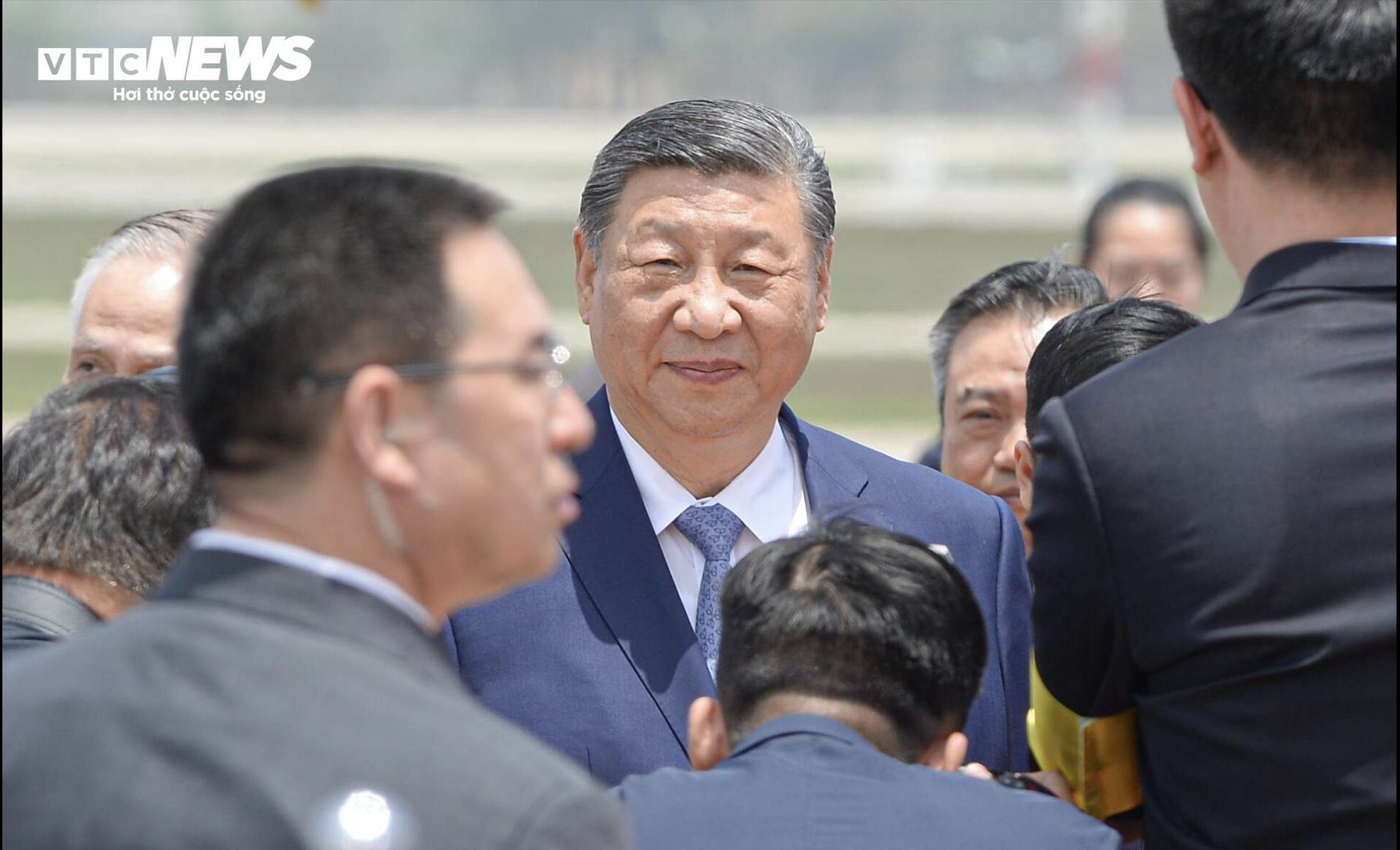
![[Photo] Prime Minister Pham Minh Chinh receives Chairman of Commercial Aircraft Corporation of China (COMAC)](https://vstatic.vietnam.vn/vietnam/resource/IMAGE/2025/4/14/93ca0d1f537f48d3a8b2c9fe3c1e63ea)






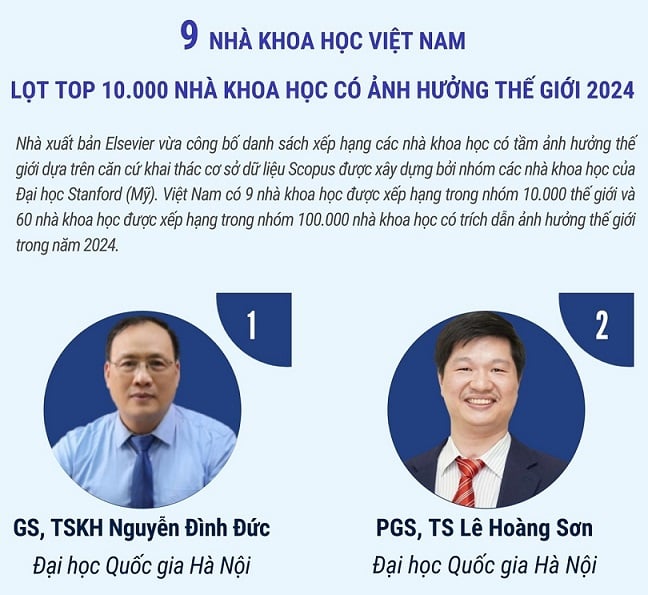



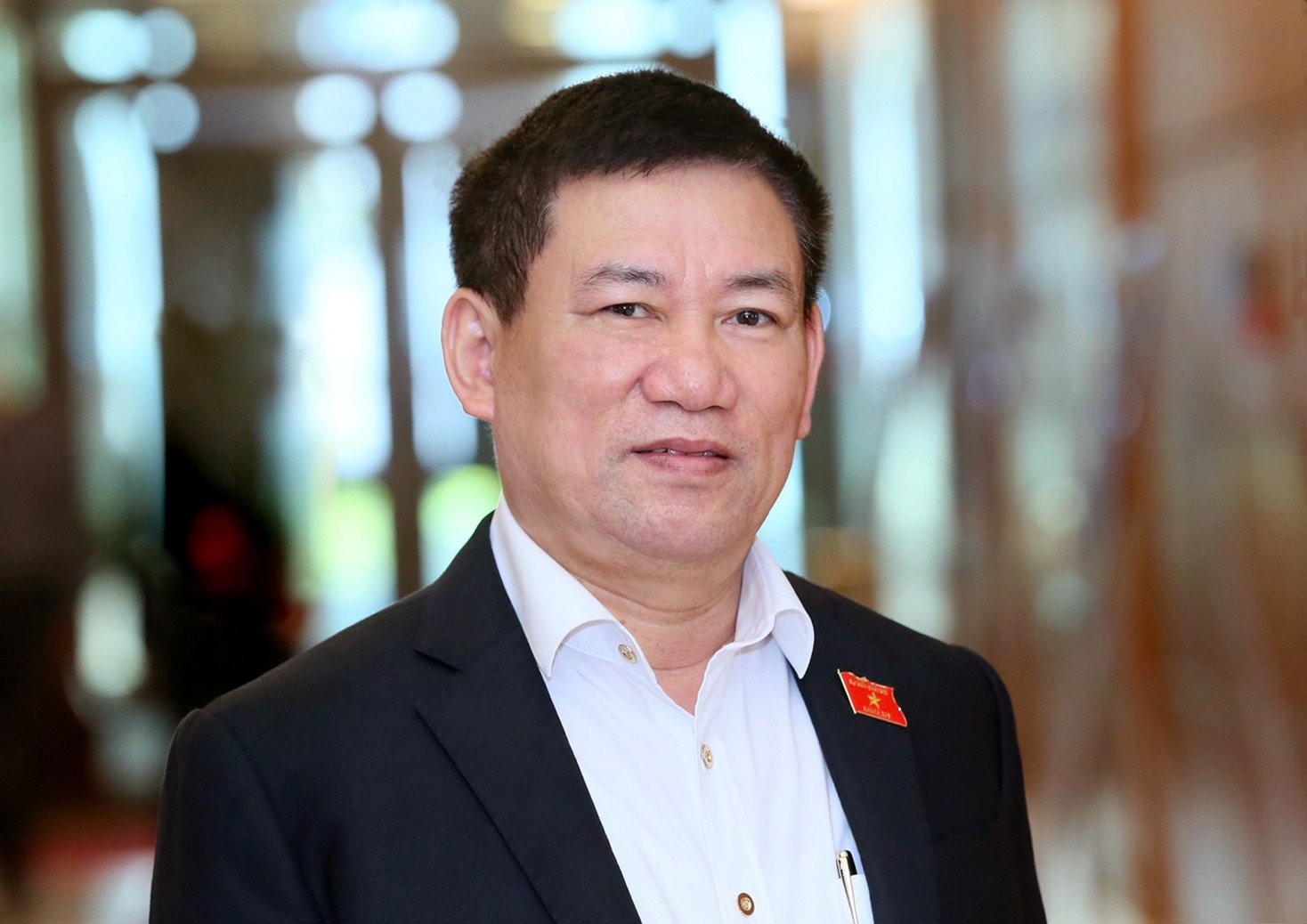



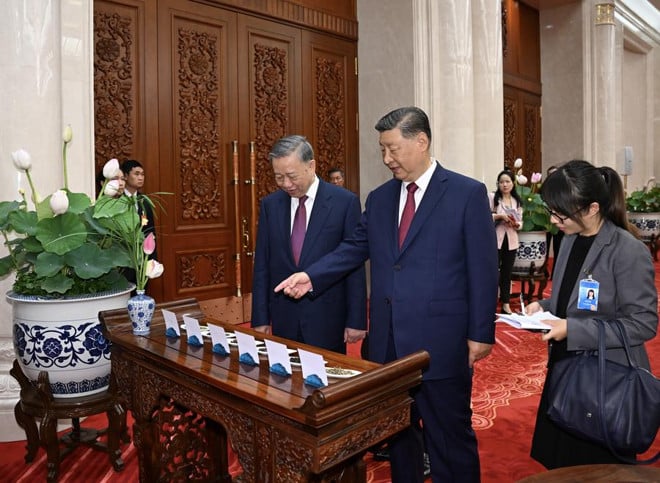

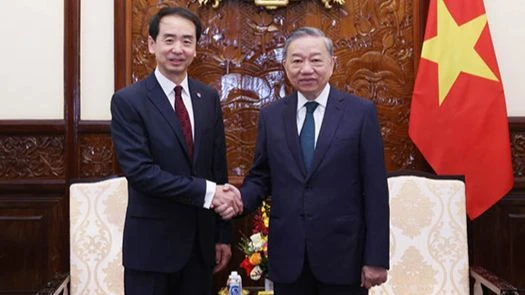
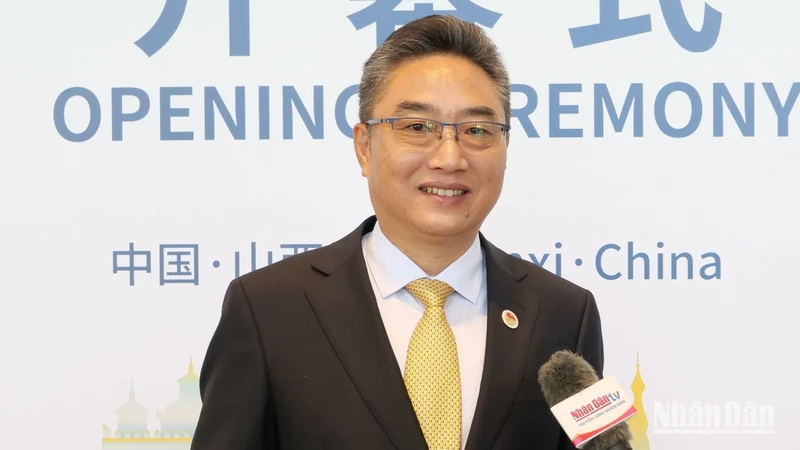









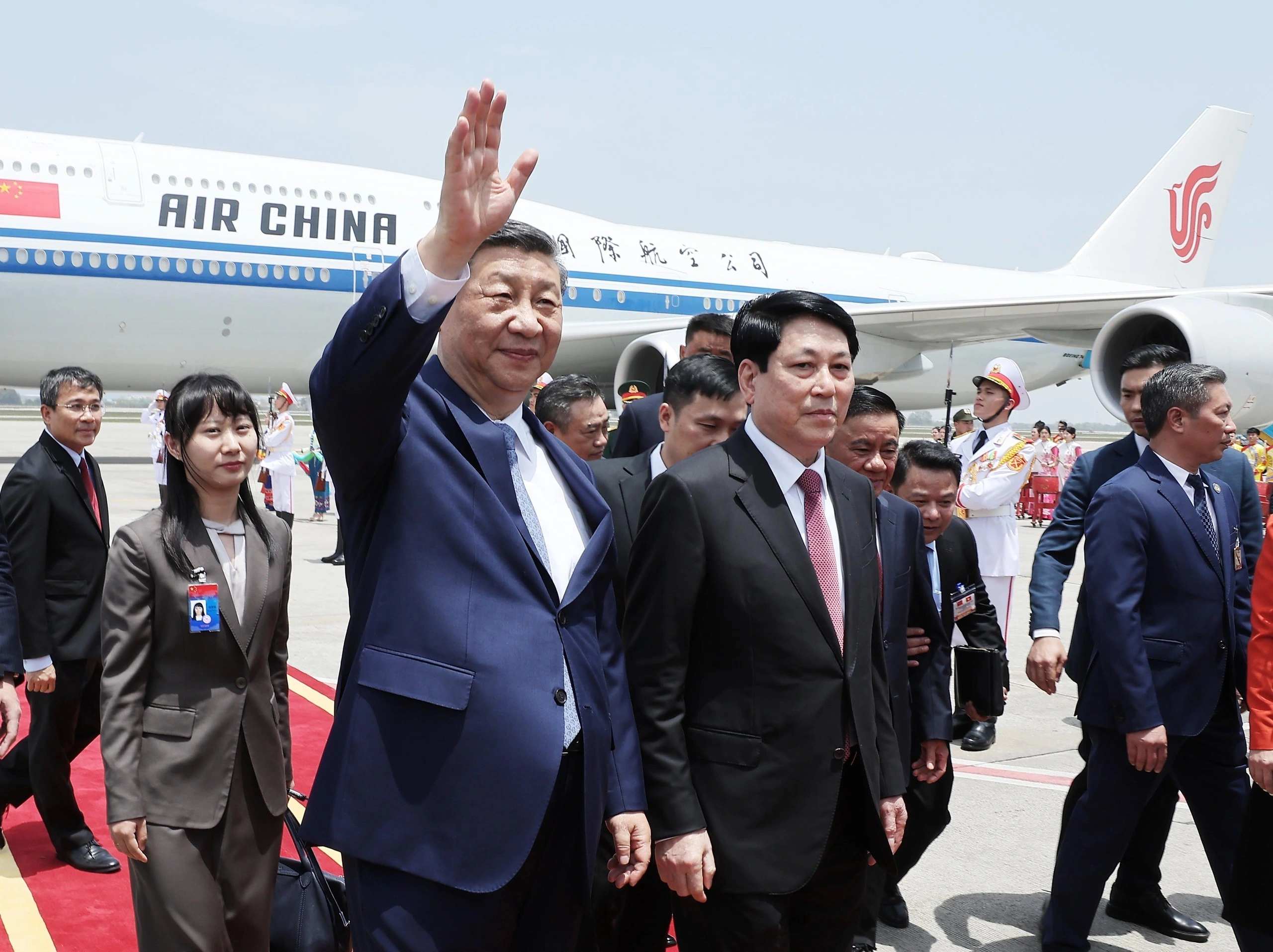
















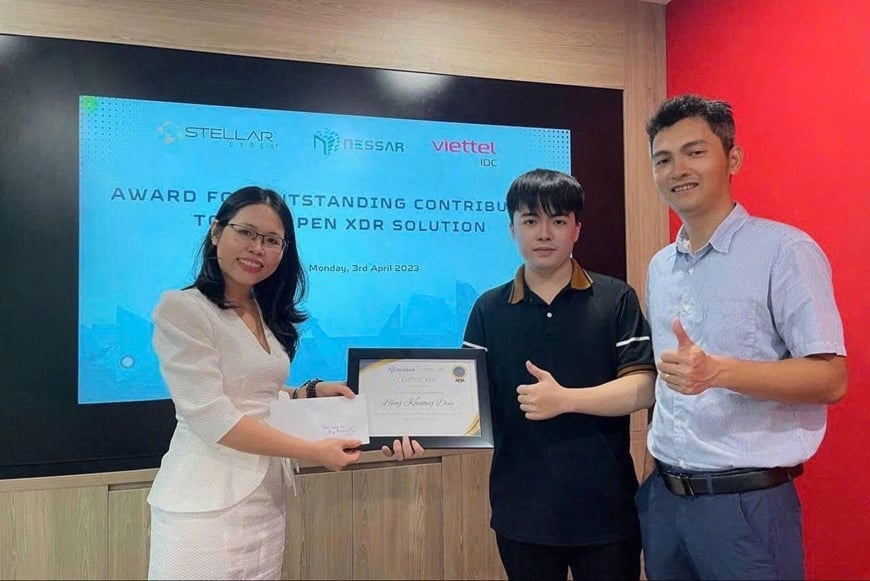











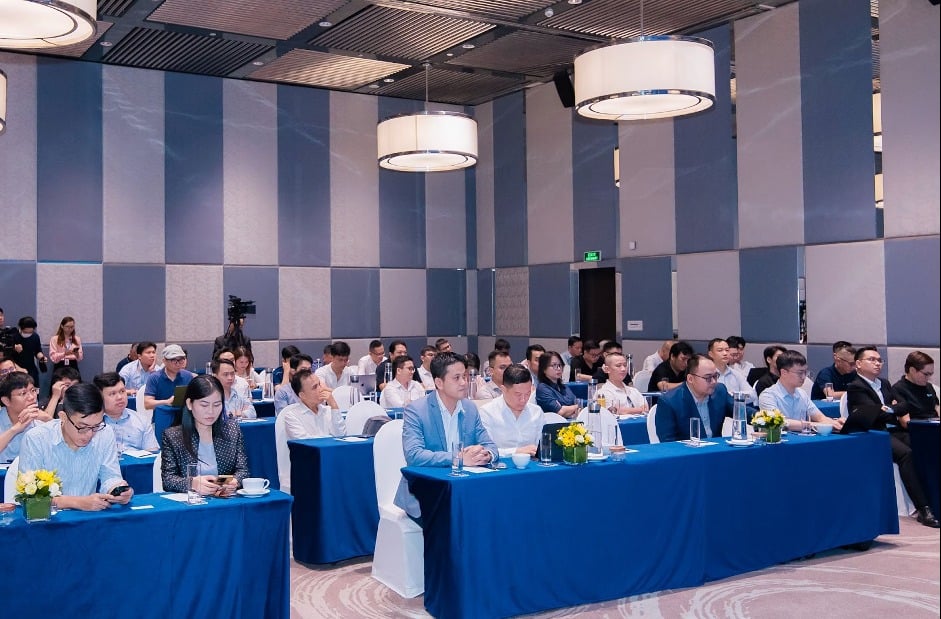
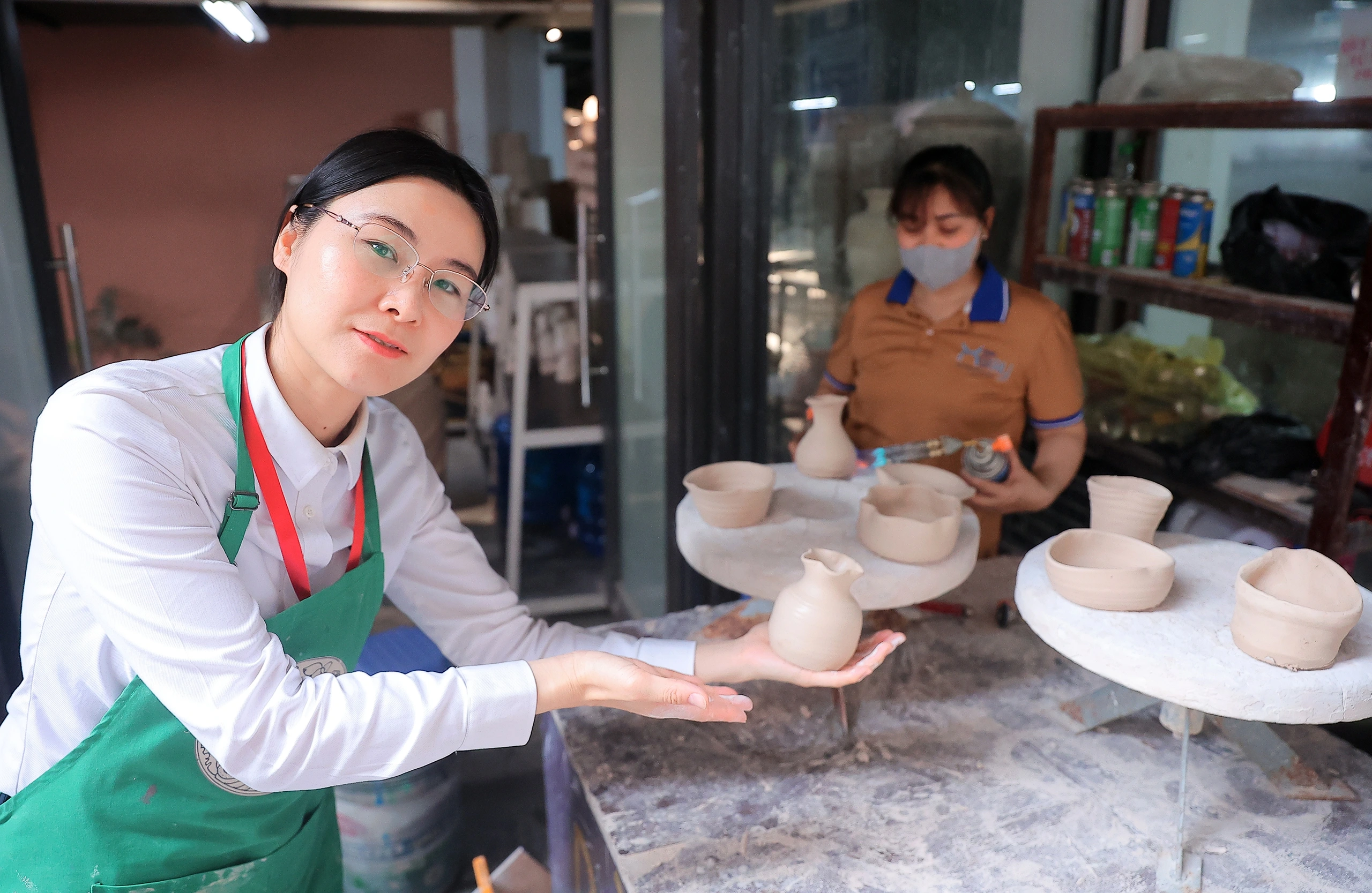

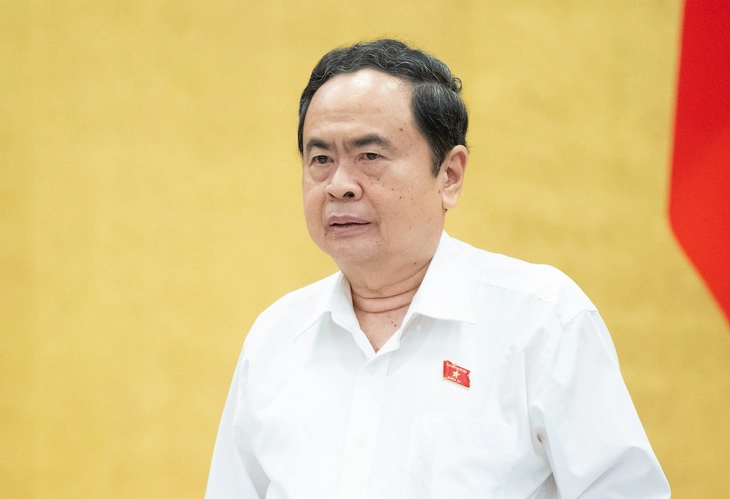



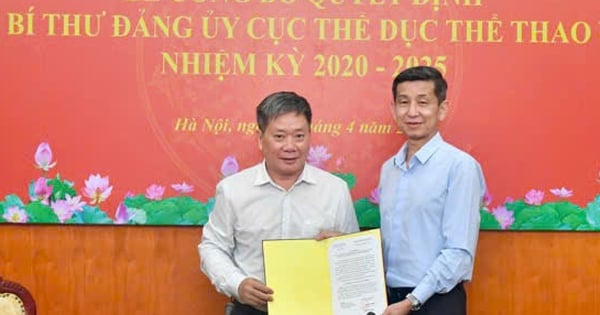





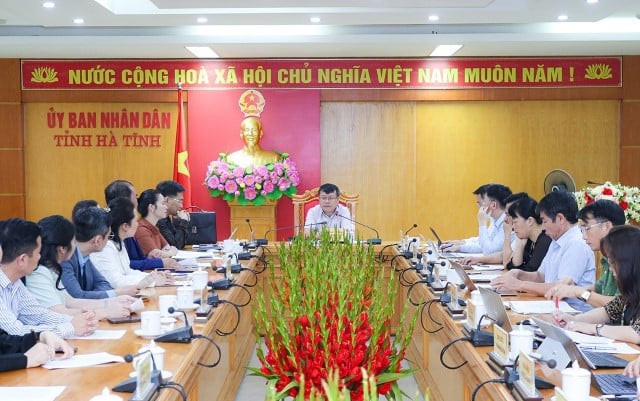
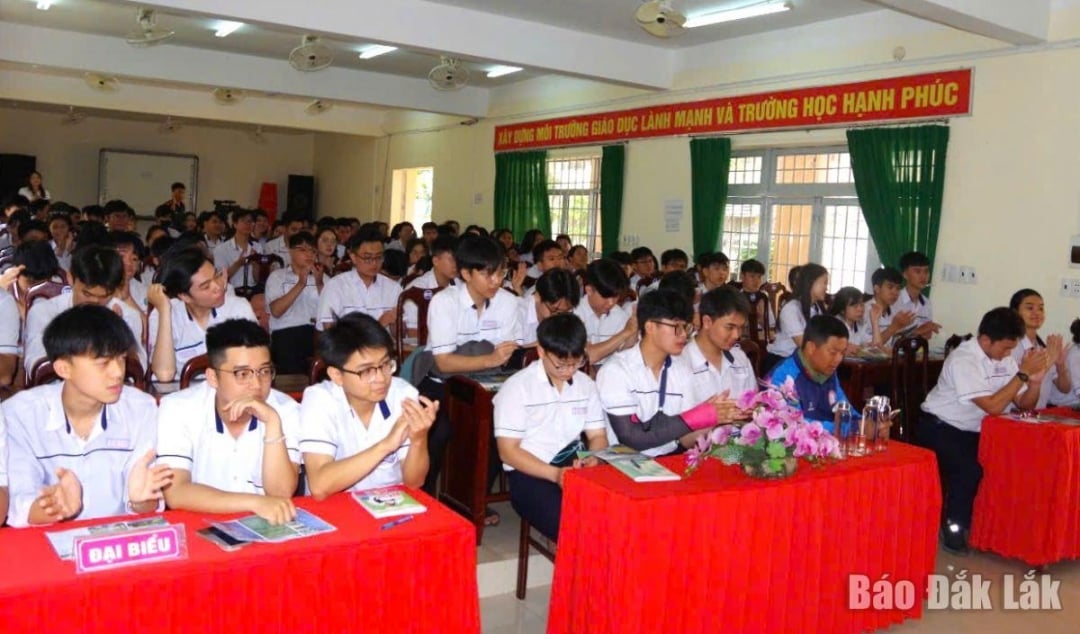
















Comment (0)